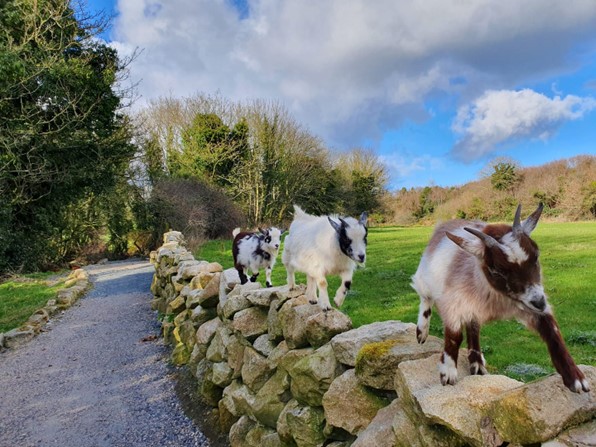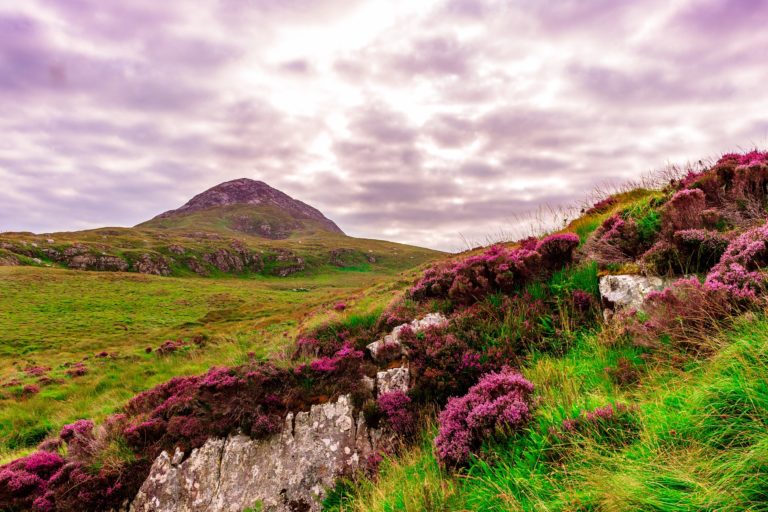“Intangible Cultural Heritage experiences get under your skin and awaken your emotions.” So said Tourism Northern Ireland after the world’s first collection of Intangible Cultural Heritage experiences launched in 2022 following the Atlantic CultureScape Project that was led by Newry, Mourne and Down District Council as one of 12 associated partners that included
- Regional Government of Cantabria
- The University of Vigo
- Munster Technological University
- The Andalusian Agency of Cultural Institutions
- Rio Maior Municipality
But what is Intangible Cultural Heritage and why has this programme won national and global attention?
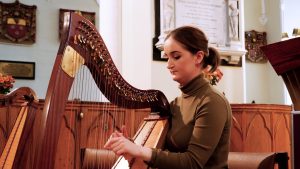 While Tangible Cultural Heritage refers to physical artefacts that are significant to a community, nation or humanity (e.g., archaeological sites and historic monuments), Intangible Cultural Heritage encompasses the practices representations, expressions, knowledge and skills – as well as the associated instruments, objects, artefacts and cultural spaces that communities recognise as part of their particular cultural heritage or identity. For example, both the act of playing the harp and the harp as an instrument are examples of Ireland’s Intangible Cultural Heritage.
While Tangible Cultural Heritage refers to physical artefacts that are significant to a community, nation or humanity (e.g., archaeological sites and historic monuments), Intangible Cultural Heritage encompasses the practices representations, expressions, knowledge and skills – as well as the associated instruments, objects, artefacts and cultural spaces that communities recognise as part of their particular cultural heritage or identity. For example, both the act of playing the harp and the harp as an instrument are examples of Ireland’s Intangible Cultural Heritage.
Examples of Intangible Cultural Heritage are wide ranging as they express the unique identity of each country. They can range from the spoken words of poetry and storytelling to crafts that are practiced and passed down through generations and festivals that celebrate the dance and music of a country.
Via the Atlantic CultureScape Project, Intangible Cultural Heritage experiences are grouped according to the following categories:
- Oral traditions and expressions, including language as a vehicle of the Intangible Cultural Heritage
- Performing arts and visual arts
- Social practices: rituals and festive events
- Knowledge and practices concerning nature and the universe
- Traditional craftsmanship
- Gastronomy and culinary arts
Why is Intangible Cultural Heritage relevant in today’s world?
In today’s world, Intangible Cultural Heritage represents a key driver for regenerative and sustainable tourism as it supports the natural and cultural sustainability of communities through the revitalisation of ancient traditions, skills and customs.
Through the delivery of quality Intangible Cultural Heritage experiences, communities:
- continue the inherited traditions of the past;
- celebrate and showcase these traditions in the present;
- preserve these traditions for future generations.
What kind of Ireland based experiences were developed as part of this project?
A whole collection of beautiful experiences were developed by passionate and talented people including
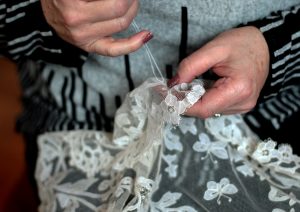
- Dancing at the Crossroads: a contemporary, high-octane take on a custom whereby rural communities used to meet at the crossroads to Irish dance after harvest
- Sing for your Supper: an unforgettable experience delivered by a singer of the Oriel tradition that is native to Armagh
- Ulster Breadmaking: Ulster-Scots bread making tradition
- Stone Wall Building: learn the skill and craft behind Ireland’s dry stone wall building tradition
- Lace making: working with community lace makers, learn the craft and hear how Ireland’s global lace making tradition began in Culloville
Intangible Cultural Heritage is constantly evolving
Intangible culture heritage evolves as people and generations evolve, these experiences have been crafted so that the inherited traditions of the past are celebrated in a vibrant way that is relevant to modern communities.
They truly do awaken your emotions and make you feel alive!
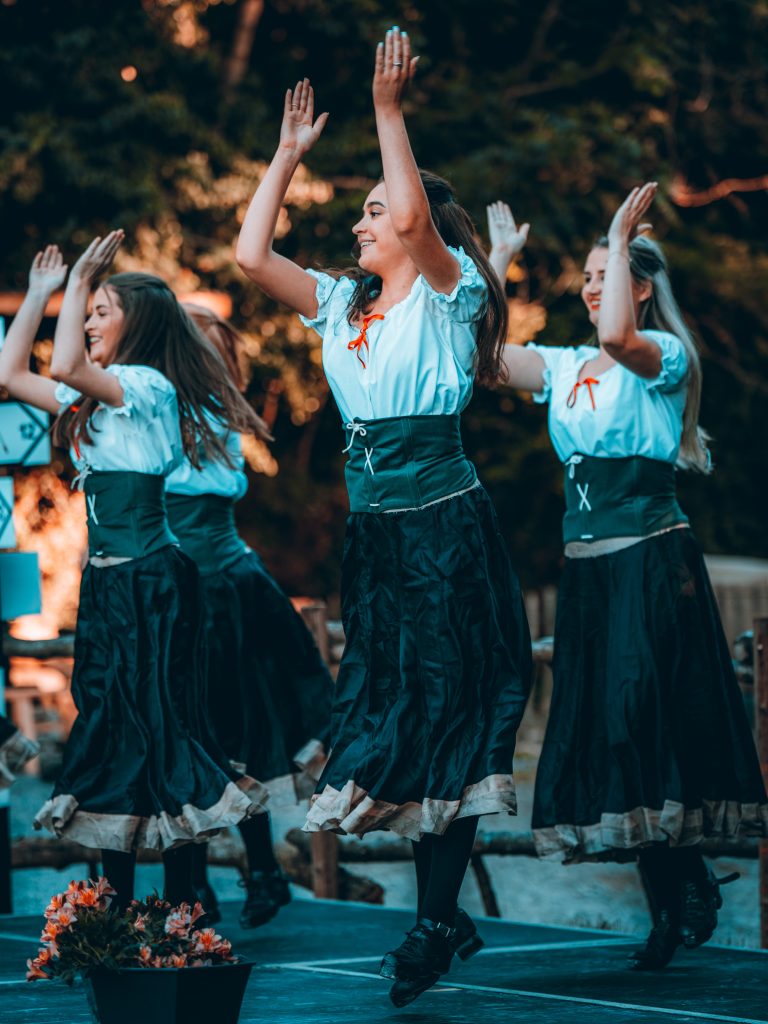
___________________________________________________________
We would love to hear about your experiences… Have you ever enjoyed an intangible cultural heritage experience in Ireland or abroad ?
The team at Runda Hospitality & Tourism Solutions were honoured to deliver the world’s first global partnership project for intangible cultural heritage experiences as defined by UNESCO as part of the Atlantic CultureScape Project. As part of this project, the Runda team were entrusted to produce a Summary Booklet detailing the journey and achievements of the project on behalf of project leaders, Newry, Mourne Down and District Council.
